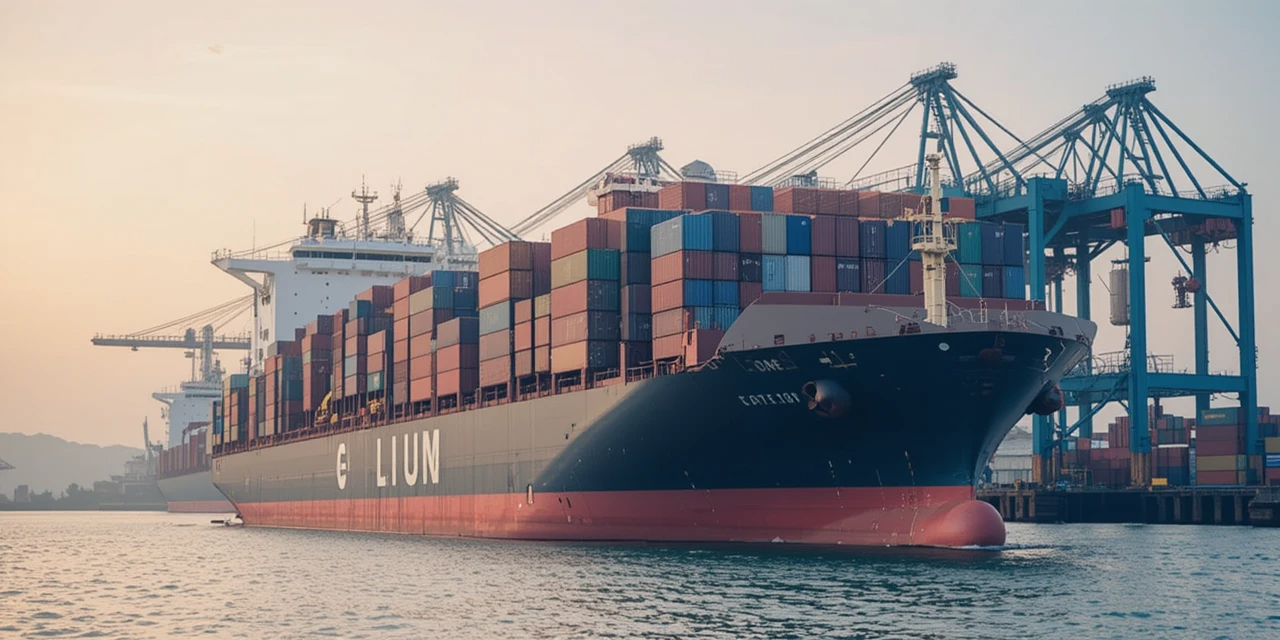The Bill of Lading (B/L) is a critical document in international trade, serving as a receipt, a contract, and a document of title. In Vietnam’s fast-growing shipping industry, Bill of Lading agents play a crucial role in ensuring smooth logistics operations, compliance with regulations, and the secure handling of trade documentation.
Who is a Bill of Lading Agent?
A Bill of Lading agent is responsible for managing and processing B/L documents on behalf of shipping lines, freight forwarders, exporters, and importers. Their duties include issuing, verifying, and ensuring the accuracy of B/Ls, as well as handling amendments and endorsements.Key Responsibilities of a Bill of Lading Agent
- Issuance of Bill of Lading Agents prepare and issue B/Ls based on shipping instructions, ensuring that all details, such as consignee name, cargo description, and weight, are accurately recorded.
- Verification & Compliance They check for errors and ensure compliance with international shipping regulations, Vietnam’s customs laws, and Incoterms to avoid shipment delays.
- Endorsements & Transfers Bill of Lading agents facilitate endorsements for negotiable B/Ls, allowing smooth transfer of ownership between parties or banks in Letter of Credit transactions.
- Amendments & Corrections In case of discrepancies or changes in shipment details, agents manage corrections to avoid legal or financial complications.
- Liaison Between Stakeholders They act as a bridge between shippers, carriers, freight forwarders, and customs authorities to ensure seamless documentation flow.
- Managing Electronic Bills of Lading (e-B/Ls) With digital transformation in Vietnam’s shipping sector, agents facilitate the adoption of e-B/Ls, reducing paperwork and improving efficiency.
Importance of Bill of Lading Agents in Vietnam’s Shipping Industry
- Ensuring Accuracy & Compliance – Mistakes in B/L documentation can lead to shipment delays, penalties, or financial losses. Agents mitigate these risks by ensuring precision.
- Enhancing Trade Efficiency – By streamlining document processing and communication between stakeholders, they help reduce transit times and operational costs.
- Supporting Digitalization – As Vietnam adopts electronic trade documentation, B/L agents play a crucial role in implementing digital solutions for faster and more secure transactions.
- Reducing Disputes & Claims – Properly handled B/Ls minimize legal disputes related to cargo ownership, damaged goods, or misdeliveries.

